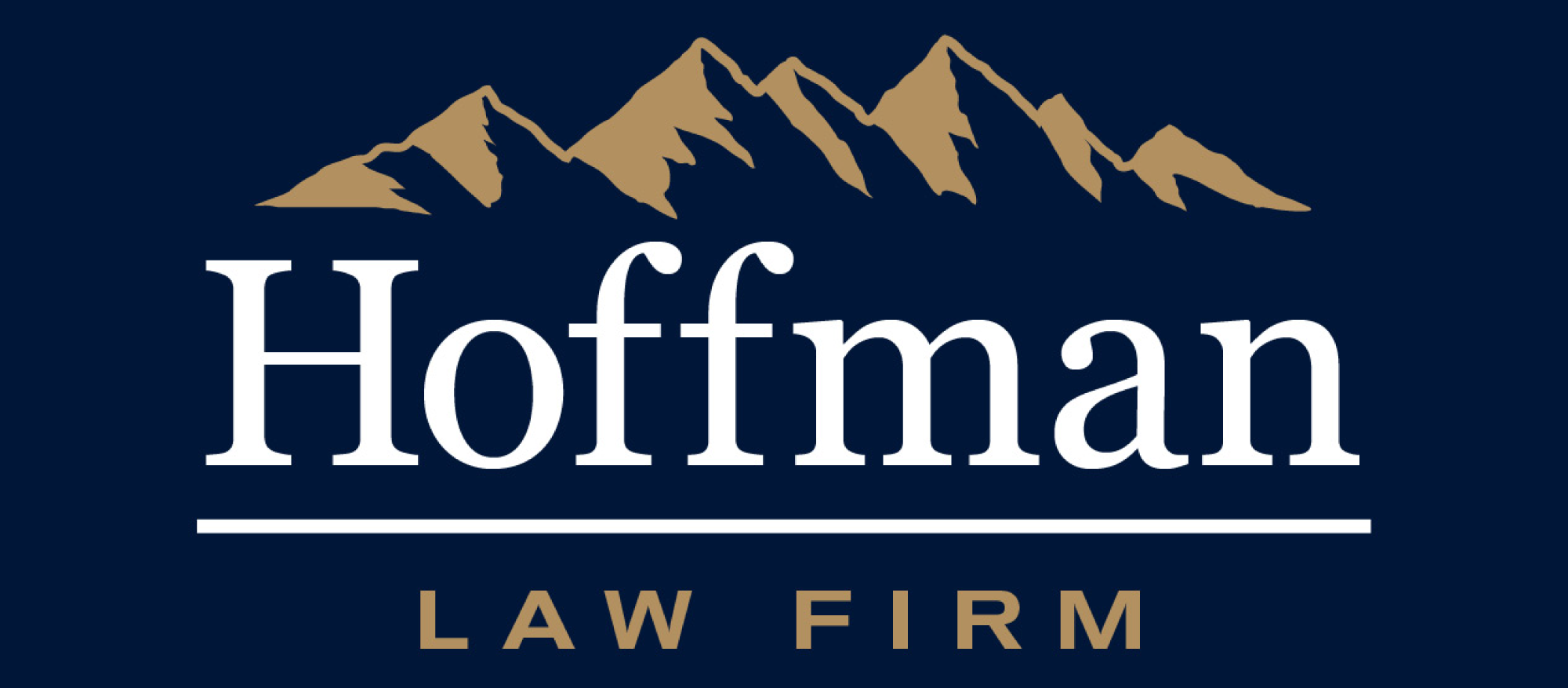Insurance Subrogation in a Colorado Personal Injury Case

When you’ve been injured in Colorado, medical bills can add up quickly. Health insurance, auto insurance, or even programs like Medicare and Medicaid may step in to cover some of your expenses. Later, when you receive a settlement or verdict against the at-fault party, those insurers often want to be paid back.
This process is called insurance subrogation, and it can take a big chunk out of your recovery if it’s not handled carefully. Many people are caught off guard by insurance subrogation but understanding how it works can help you prepare for what happens after your case settles.
What Is Insurance Subrogation?
Insurance subrogation simply means that an insurance company (or another payer) has the right to be reimbursed for bills it already covered if you later recover money from the party that caused your injury.
Here’s a straightforward example:
- You’re in a car crash in Denver, Colorado.
- Your health insurance pays $25,000 in hospital bills.
- You later settle your personal injury case for $100,000.
- Your health insurer will likely ask to be reimbursed for the $25,000 (or some portion of the money) it paid.
The reasoning is that you shouldn’t be compensated twice for the same bills—once by your insurer and again by the at-fault driver’s insurance.
Why Insurance Subrogation Matters
Insurance subrogation directly affects how much money you take home after a settlement. The total settlement amount may look large at first, but once attorney fees, costs, and insurance subrogation claims are resolved, the net recovery can be much smaller.
That’s why managing subrogation is one of the most important parts of a personal injury case. A skilled attorney works not only to maximize your settlement but also to reduce the amount that must be repaid to insurers.
Who Can Claim Insurance Subrogation in a Colorado Personal Injury Case?
Several different types of insurers and benefit providers may try to recover money from your settlement. Common examples include:
Health Insurance Companies
Private health insurers often include subrogation clauses in their policies. If they pay for accident-related care, they will usually send notice of a lien once they learn about your case. These claims are negotiable, but they must be addressed before settlement funds are released.
Workers’ Compensation Carriers
If you were hurt at work but a third party caused your injury (for example, another driver in a car crash while you were on the job), workers’ compensation will pay benefits. If you later recover from the third party, the workers’ comp insurer usually wants repayment for the benefits it provided.
Medicare and Medicaid
Government programs like Medicare and Medicaid have very strong reimbursement rights. If they cover your accident-related care, their liens must be resolved before your settlement can be finalized. Medicare in particular is strict—settlements often cannot be distributed until Medicare’s claim is resolved.
ERISA Health Plans
Large employers sometimes provide insurance through self-funded ERISA plans. These plans often enforce their reimbursement rights aggressively, and negotiation can be more difficult. Whether reductions are possible depends heavily on the specific plan language.
How Insurance Subrogation Impacts Your Settlement
Here’s an example of how insurance subrogation plays out:
- Settlement: $120,000
- Health insurance paid: $50,000 in medical bills
- Insurance company demands: full $50,000 back
- After attorney negotiation: insurer agrees to accept $25,000
- Client’s net recovery: much higher than if no reduction was negotiated.
This shows why insurance subrogation isn’t just a minor detail. It can mean the difference between a fair recovery and walking away with much less than expected.
What the Process Looks Like
Handling insurance subrogation usually follows these steps:
- Insurer sends notice – Once your insurer learns about your case, it notifies you (or your lawyer) that it expects repayment.
- Attorney reviews the claim – Your lawyer makes sure the bills are truly related to the accident and properly documented.
- Negotiation – Your lawyer works with the insurer to reduce the claim. Arguments often focus on fairness, the size of the settlement, or the amount of legal work that went into obtaining it.
- Resolution – Once the lien amount is agreed upon, it is paid directly from the settlement funds.
- Distribution – After liens and fees are addressed, the balance is disbursed to you.
Challenges That Come Up
Insurance subrogation often causes frustration for injured people because:
- Insurers sometimes include unrelated bills in their claims.
- Multiple payers (health insurance, MedPay, Medicare) may all be involved.
- Settlement funds cannot be released until liens are resolved.
- Some insurers take a hardline approach and resist reductions.
These issues can be overwhelming if you try to handle them on your own.
Why Having a Lawyer Helps
Subrogation is one of those areas where having an experienced attorney makes a huge difference. Without legal help, injured people often:
- Repay more than the law requires.
- Miss chances to negotiate reductions.
- Wait longer for their settlement money.
An attorney not only fights for maximum compensation but also makes sure insurance subrogation claims are handled in a way that leaves more money in your pocket.
Conclusion
Insurance subrogation may not be the first thing you think about after an accident, but it can play a major role in your Colorado personal injury case. Health insurance, auto insurance, workers’ compensation, Medicare, Medicaid, and employer health plans may all claim a right to part of your settlement.
At Hoffman Law Firm PC, we know how important it is for clients to keep as much of their recovery as possible. We review every lien, challenge improper claims, and negotiate with insurers to reduce what must be repaid.
If you’ve been injured in Colorado and have questions about how insurance subrogation might affect your case, contact Hoffman Law Firm PC today for a free consultation.
